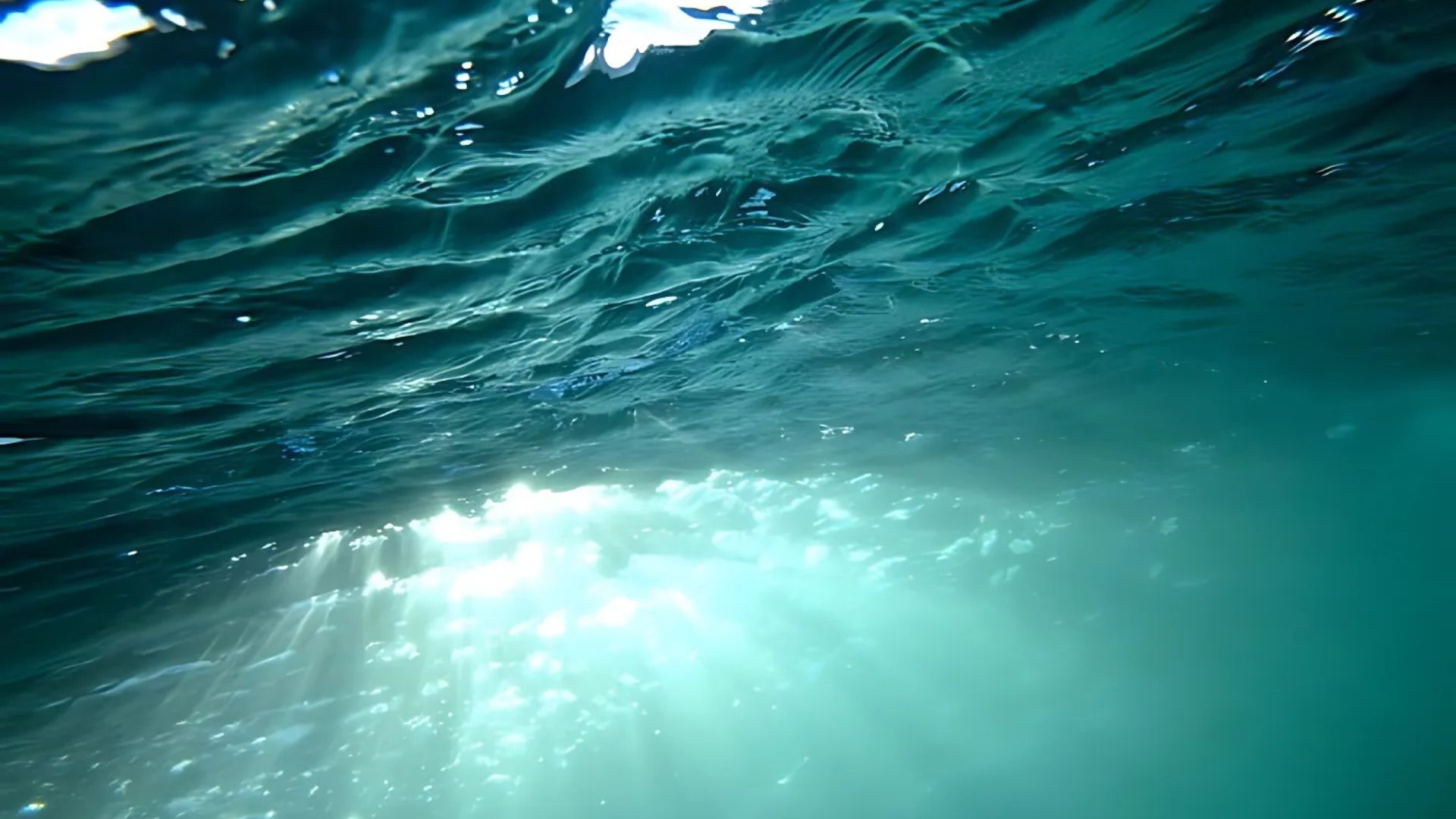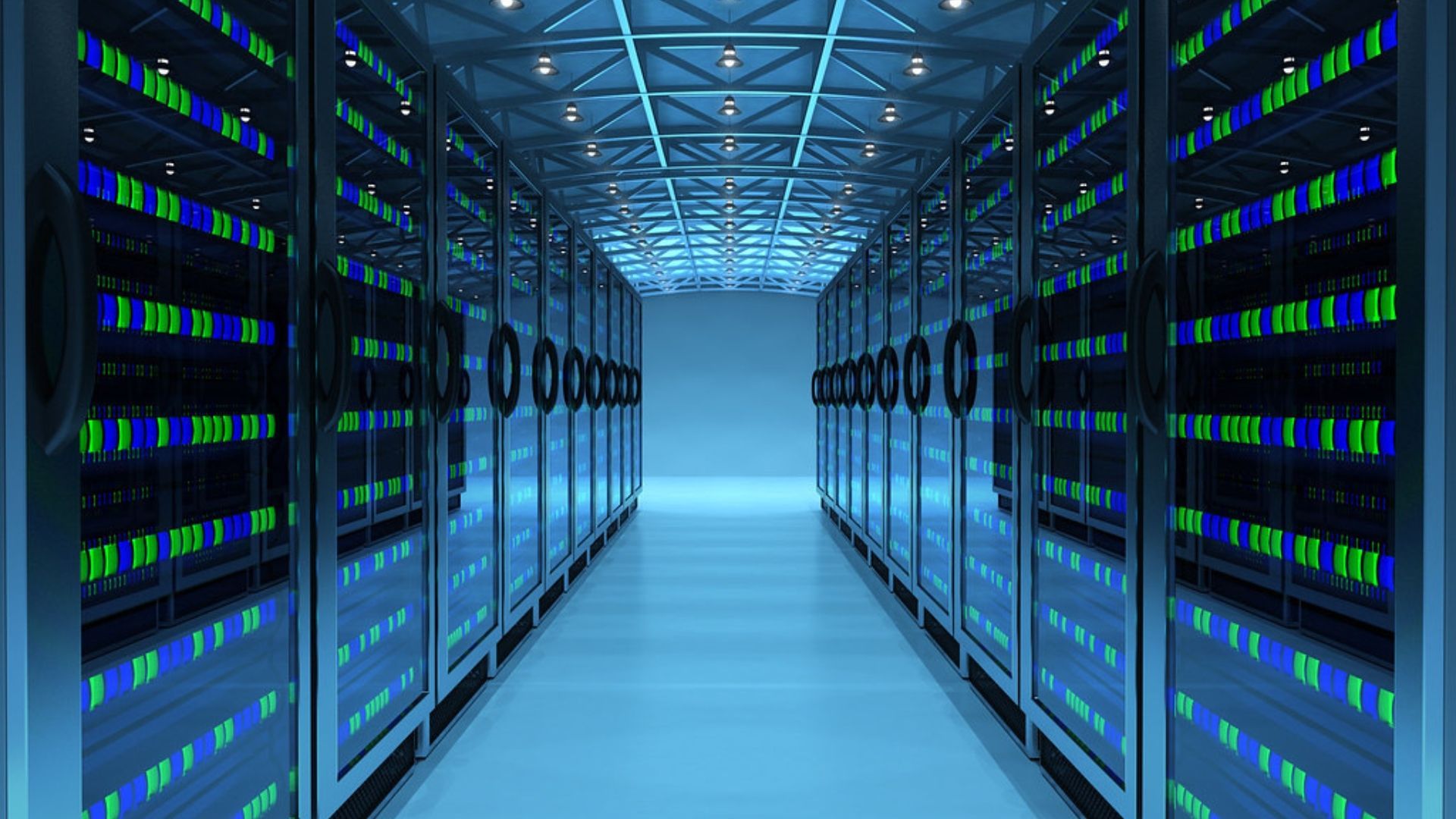Underwater data centres? Yes, they're real
Could the future of data storage be under the sea? Join us for a deep dive (excuse the pun) into the world of underwater data centres.

In September 2020, a steel cylinder the size of a shipping container was lifted from the bottom of the North Sea. On its side was the Microsoft logo.
Microsoft's Project Natick (pronounced Nay-tick) had deployed this object off the coast of the Orkney Islands in the spring of 2018. When it was retrieved, you could see the time that had elapsed in the algae, sea anemones, barnacles and sea scum stuck to its sides.
This submarine vessel was in fact an underwater data centre. For the two years it had been on the ocean floor, team members had been monitoring its performance and assessing its feasibility.
The results were good. Out of the 864 servers contained within its steel shell, only eight had failed – a success compared to the
64
that had failed in an equivalent on-land data centre.
In this article, we explore what Microsoft and others are hoping to achieve with these underwater data centres.
Are subsea data centres the future of cloud storage?
On-land data centres come in all shapes and sizes, but those run by tech giants like Google and Microsoft tend to be mammoth affairs. Take Microsoft's
Columbia campus
in Quincy, Washington – over half a million servers housed in more than 20 buildings.
The infrastructure required for these centres is vast and expensive. They're also environmentally damaging, relying on huge electricity generators to stop the servers from overheating and causing outages.
Underwater data centres could be one way around these problems – and they also have the potential to improve internet connectivity for people living by the coast.
Project Natick has demonstrated that data centres can be deployed in water without damage to the servers.
Microsoft
claims
that the success rate is because computers and humans thrive in very different environments. Oxygen, air moisture and temperature fluctuations are all environmental factors that humans can tolerate – but they can all lead servers to fail.
On top of this, submarine data centres remove the possibility of data centre staff bumping into servers and damaging them that way. They're "hands-off" centres, which are arguably safer environments for those precious servers that keep our digital lives afloat.
How green are they?
Microsoft claims that this innovation is good for the environment. The Orkney islands'
power grid
is rich in wind and solar power – and the data centre itself is powered by renewable energy.
Compared to on-land data centres, underwater centres are more energy efficient. A typical data centre can use up to
50 times
the electricity of a normal office building. A substantial proportion of this energy is dedicated to keeping the servers cool.
Submarine data centres, by contrast, are cooled by
the sea
itself. The need for freshwater cooling and huge electricity generators is sidestepped.
However, questions have been raised about the effects of sending alien objects down to the ocean floor. They could, it's been
argued
, harm marine habitats and contribute to oceanic warming. There's also the question of what will happen to data centres that outlive their usefulness.
Microsoft points to
video footage
of schools of fish swimming around the data centre on the ocean floor. These cylinders, they argue, could form artificial reefs for marine life.
We do know that
shipwrecks
can affect marine life, as can
underwater internet cables
. Are the long-term effects of underwater data centres receiving the scrutiny they should?
What are the other potential downsides?
Part of Microsoft's
dream
is "to learn how to make data centres reliable enough not to need human touch". To this end, it's "populating the globe with edge devices, large and small".
Even if there's little or no environmental impact, there's still the question of whether "hands-off" data centres are viable. They can't be touched or upgraded without a complex salvage operation.
What's next?
There's more than one seahorse in this race.
Subsea Cloud
is set to launch the first US commercial subsea data centre off the Washington coast.
Its six-metre, 800-server vessel has been dubbed the "Jules Verne Pod" – a reference to the French author's sci-fi adventure novel
Twenty Thousand Leagues Under the Seas
.
Unlike Verne's Nautilus submarine, the Jules Vernes Pod will only be submerged nine or so metres underwater.
Just like Microsoft, Subsea Cloud is pointing to the environmental-friendliness of a data centre that doesn't require electricity-powered cooling. Its first 10 pods, it claims, will offset over 7,000 tonnes of CO2 compared to its on-land counterparts.
Other Subsea Cloud projects in the offing include the Njord01 pod in the Gulf of Mexico and the Manannan pod in the North Sea.
Njord01 will likely reach a depth of 250 metres, whereas Manannan – named after the shape-shifting, three-legged sea god seen on the
Manx flag
– will probably be submerged around 200 metres.
And it's not just the USA that's developing this technology. Beijing's
Highlander
has launched an underwater data centre at Zhuhai in southern China.
Highlander says it will build several subsea data centre projects in the next five years. These will include the Hainan Free Trade Port, the Guangdong-Hong Kong-Macao Greater Bay Area, the Yangtze River Delta and the Bohai Rim Economic Circle. The goal is to put them on the market in late 2023.
Quite how scalable these pods are remains to be seen. But we'll likely be seeing more of them in the coming years.
And it's not just the sea that's being explored – the HPE Spaceborne Computer-2 data centre was sent to the
International Space Station
in February 2021.
Whatever happens, we'll make sure to keep you posted.
Ascend is a
cloud solutions company
born in the cloud. Founded by ex-VMware experts, we specialise in cloud migrations. Our flexible five-step migration process has resulted in over 400 successful migrations and counting.
If you're looking for support with cloud migration, please don't hesitate to
get in touch
with one of our cloud specialists today.











